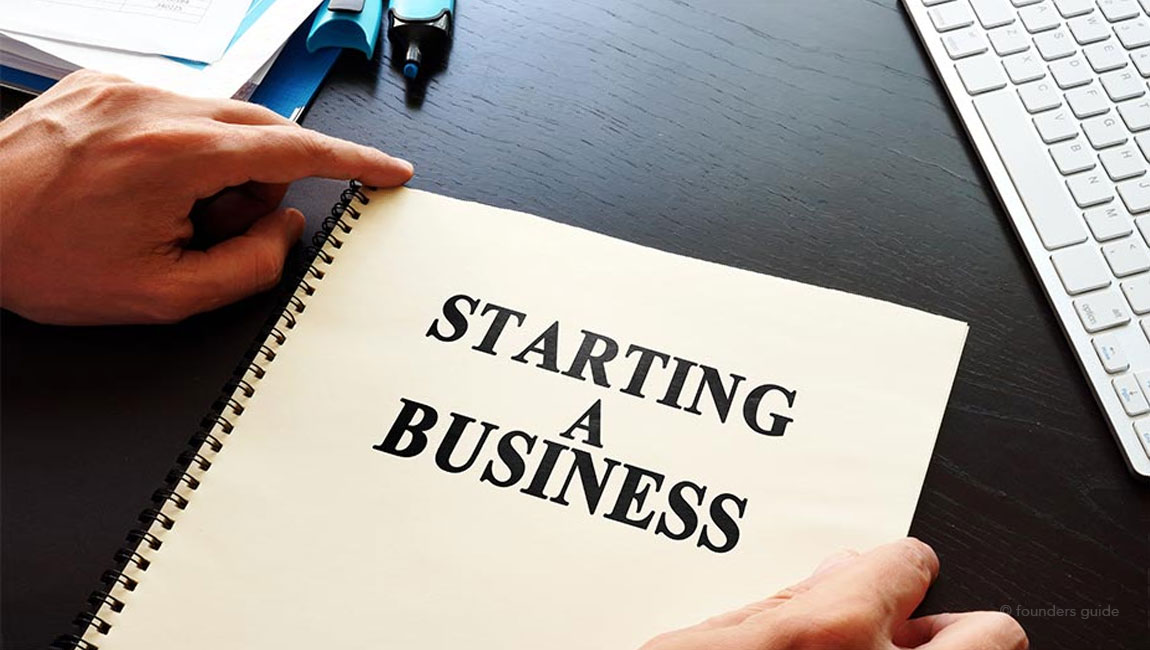There are many reasons why you might choose to launch a business. While some entrepreneurs are motivated by the challenge of building something from scratch and growing it into a successful enterprise, for many others, the lure of financial independence is hard to resist. Of course, starting a business is not without risks, but with careful planning and a solid business model, the rewards can far outweigh those risks. And for those who are up for the challenge, there is nothing more gratifying than watching their business thrive.
However, launching a business venture is a huge decision, and there are certain things you need to consider and some questions you need to ask yourself before taking the leap. If you are currently working in a job, you need to think carefully about whether you should quit it or not. While launching your own business can be incredibly rewarding, a stable job can provide you security and peace of mind, especially if your family is going through a challenging phase. So, ultimately, you have to weigh the pros and cons of your specific situation before you think of starting a business enterprise.
So, these are some questions that you should ask yourself. Do you have a product or service in mind that has a commendable market? How will you make money with your product or service? How to price your product or service for saleability? Through which channels will you deliver your product or service to the market? Are you well aware of your target market, and have you researched it? Do you actually know by demographics (including age, gender, location, income, and other parameters) which consumer group is most likely to purchase your products or services? Do you know the behavioral patterns of your target group? Do you know where your consumers typically spend most of their time? These are a few things you must ask yourself.
Of course, your financial situation and the resources at your disposal will also determine how you should go about launching your small business. You can well be in a position where you might not have much to spare for your business. The prudent way then would be to arrange the required finances. You can partner with someone you know and trust, or you can look for investors. You can also approach crowdfunding platforms if your idea is good enough. However, you will need to think of finances. It would help if you also did a SWOT analysis of yourself, your team, and all those who might help you in your business.
Starting an SME and turning it into a success starts before you even begin arranging finances. It’s not a linear game like coming up with a business idea, doing market research, writing a business plan, and starting a business. You have to think of the legal structure or model for your business. It would be best if you thought of a brand name. You also need to give some thought to space and equipment, product-market fit, regulations, competitors, limitations, scalability, and other issues. You must learn about legal requirements, including licenses, permits, and taxation. You must also consider the requirements of opening a business bank account and what you need to do to start paying and receiving money.
Location is also significant. You might think of working from home if you sell a product or service that can be marketed digitally. But if you are providing a service or marketing a product where the location is crucial, you might need an office or an outlet in the business precinct. So, it would be best if you thought of those costs. Especially as far as the SME is concerned, employees, workspaces, production issues, and logistics all have a role to play. These are things you need to consider before you start.
It would be best to draw up a sound business plan describing your business and success strategies. Ask yourself if the strategy and process you have devised can actually generate sufficient profits and growth. Do you have the right resources, relationships, and a competent team to execute or optimally run business operations? And while doing all these and answering these questions, you come to know whether you really want to start a business or not. If you do, you will be more prepared to shoulder the risks that come along with launching the business enterprise.




